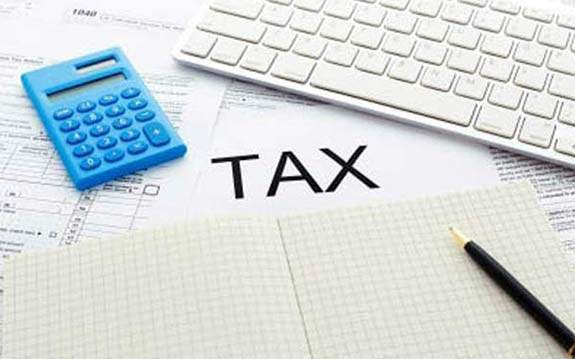
Imposition of tax on share buybacks disincentive for IT sector: report


The imposition of 20% tax on distributed income for buyback of equity shares is effectively an alternate form of income tax and could affect information technology (IT) companies, according to a report by institutional equities brokerage Kotak Institutional Equities.
The report titled ‘IT Services: An end to end structured buyback program’ was released last Friday after the announcement of an amendment to the Income Tax Act in Budget 2019, which proposed to make domestic companies liable to pay additional income tax at the rate of 20% on the distributed income on buy-back of shares listed on a recognised stock exchange. The amendment came into effect on July 5, 2019.
The report cited the example of Tata Consultancy Services (TCS), which has used buybacks to return 60% funds to shareholders and the remaining 40% through dividends.

The report also said that Wipro has used buybacks after continuous increase in dividend distribution tax with nearly 90% payouts in the form of buybacks over the past two years.
The report said that IT companies started using buybacks after a consistent increase in dividend distribution tax, the imposition of tax on dividends at the rate of 10% for individuals, partnerships, etc. for dividends exceeding Rs 10 lakh (about $14,553 at current exchange rates), and after the government allowed tender buybacks to be effected through the stock exchange route.
After the announcement of 2019 Budget, the startup ecosystem was disappointed at how the hopes of ‘angel tax’ being done away with were belied, and the government has proposed a committee to look at all pending cases.

In a move to stimulate the government’s FAME (Faster Adoption and Manufacture of hybrid and Electric vehicles) scheme, a tax incentive of Rs 1.50 lakh (around $2,182 at current exchange rates) was announced on the interest paid on loans taken to purchase electric vehicles (EVs).
